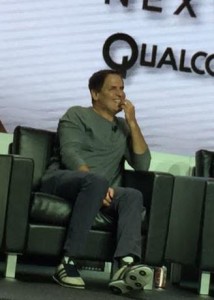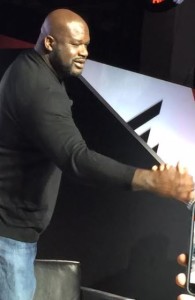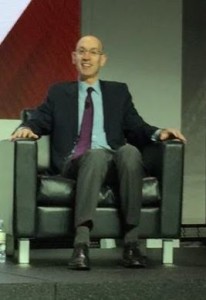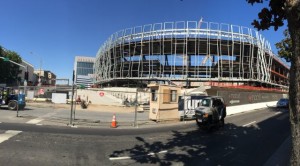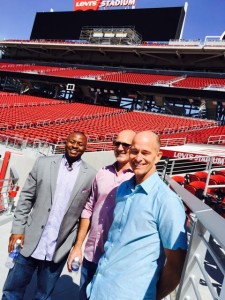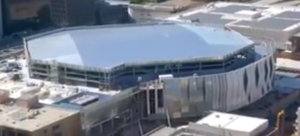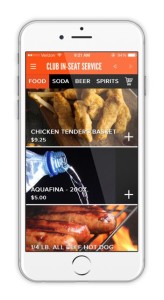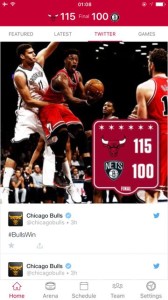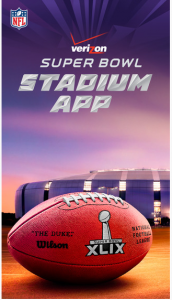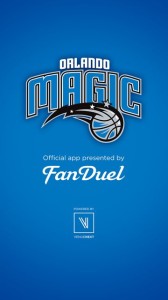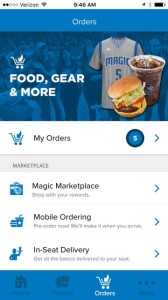Cuban, maybe known better now outside the sports world for his reality/investment TV show Shark Tank, clarified his thinking on in-stadium wireless use during a panel discussion that was part of a special sports/tech series here hosted by Turner Sports. Since his team’s stadium has a robust Wi-Fi network, Cuban clearly isn’t against good connectivity anymore, and said Thursday that during breaks in game action, wireless technology should help fans do as much as possible to ease the game-day experience.
But when the “ball is in the air,” Cuban said, he still thinks fans should put phones back in their pockets or purses.
“Anytime I see someone looking at a phone [during play] I feel like we lose a little bit of them,” Cuban said. “Technology can work against you in an arena. You have to be very careful that you don’t do anything that will take the game away.”
Using tech to take away pain points
To be sure, wireless technology is only going to increase in NBA arenas, especially when the Sacramento Kings’ new Golden 1 Center opens this fall with one of the most-dense Wi-Fi deployments in any arena. Fellow panelist Shaquille O’Neal waxed eloquently about the Kings’ planned use of wireless technology to support wireless ticketing and marketing integration, all for the benefit of the fan experience.
In an earlier panel, NBA commissioner Adam Silver said league teams “have done a great job” making sure the connectivity inside arenas is a similar experience to “what people get at home.” But even with enough bandwidth to watch the game live at courtside on a phone, almost all of the panelists Thursday were in agreement that the live game experience would still remain wildly popular, even as technologies like virtual reality and on-player cameras make the TV experience that much better.
“People still crave the ability to be around other people,” said Silver, who called sports stadiums “the modern town hall” while noting that NBA season ticket sales were currently at all-time highs. Vivek Ranadive, owner of the Sacramento Kings, said during another panel that live streaming video and other over-the-top Internet experiences only serve to make the live game attendance that much more attractive.
“Only 18,000 people can come to the stadium,” said Ranadive, noting the capacity of the Golden 1 Center, slated to open for the 2016-17 season. The streaming video and social media outreach by the team, he said, “drives demand for the in-stadium experience.”And that’s an experience, Cuban said, that simply can’t be duplicated at home, no matter how big a screen or how comfortable a couch.
“When the outcome of a game is hanging on a shot, if you’re there you’re holding your breath while the ball is in the air,” Cuban said. One fan told Cuban that he “did a big tree hug” on a total stranger after a recent last-second win by the Mavericks. “You’re not going to do that with some stranger in your living room,” Cuban said. “The energy you feel [in the stadium] is the most valuable part of the product we own.”
